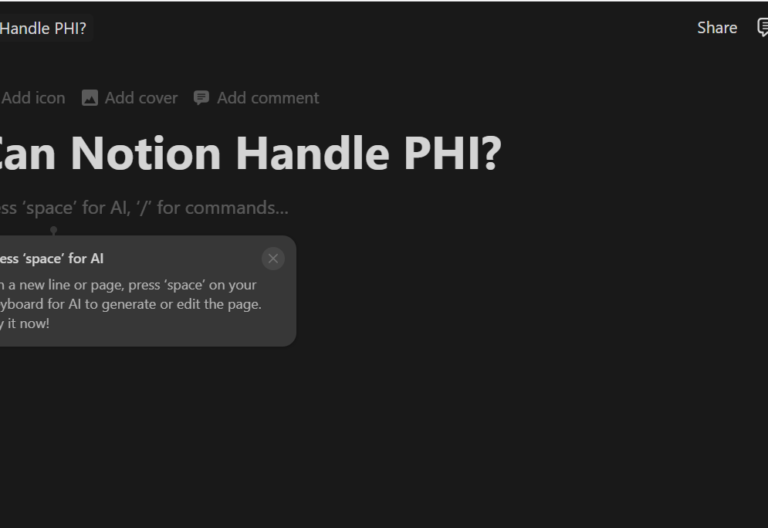Healthcare professionals rely on medical billing software to automate billing and collection tasks such as payment processing and claims submission. From collecting payments to filing invoices, your choice of billing software must meet business demands and compliance needs. More importantly, it should have the necessary privacy and security measures to protect confidential patient details from people or groups with ill intentions.
Let’s look at the crucial role of these medical billing and collections systems in healthcare and why they must comply with federal laws like the Health Insurance Portability and Accountability Act (HIPAA).
Top 5 HIPAA-Compliant Medical Billing Software:
The Crucial Role of Medical Billing Software in Healthcare
Using reliable medical billing software can improve healthcare processes. Nowadays, medical providers must invest in robust and secure tools to make payment collections and tracking claims much easier and more efficient.
Moreover, medical billing software can give you better control of your paperwork and make information more accessible for your organization. On top of these benefits, you can also reduce human errors since modern software can mitigate inconsistencies and data silos that may lead to underpayments and denied claims.
If you’re still weighing your options, consider choosing any of these top HIPAA-compliant medical billing software tools:
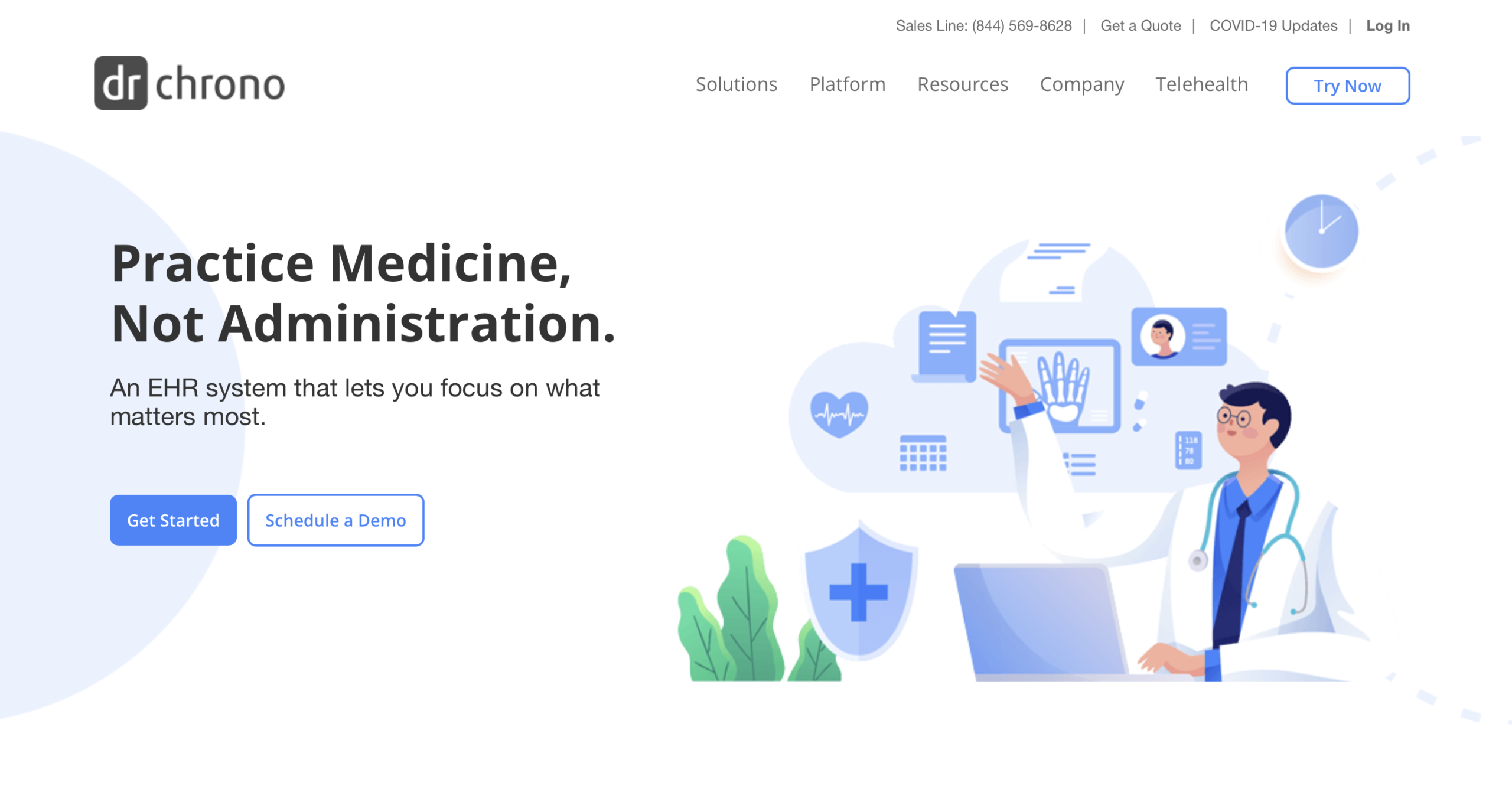
1. DrChrono
DrChrono is a reliable cloud-based medical billing software where medical providers can access patient data online or via an iPad or iPhone app. Among the many features of DrChrono include managing patient intakes, clinical charting, and billing. It also integrates with the HIPAA-compliant cloud storage system, Box.
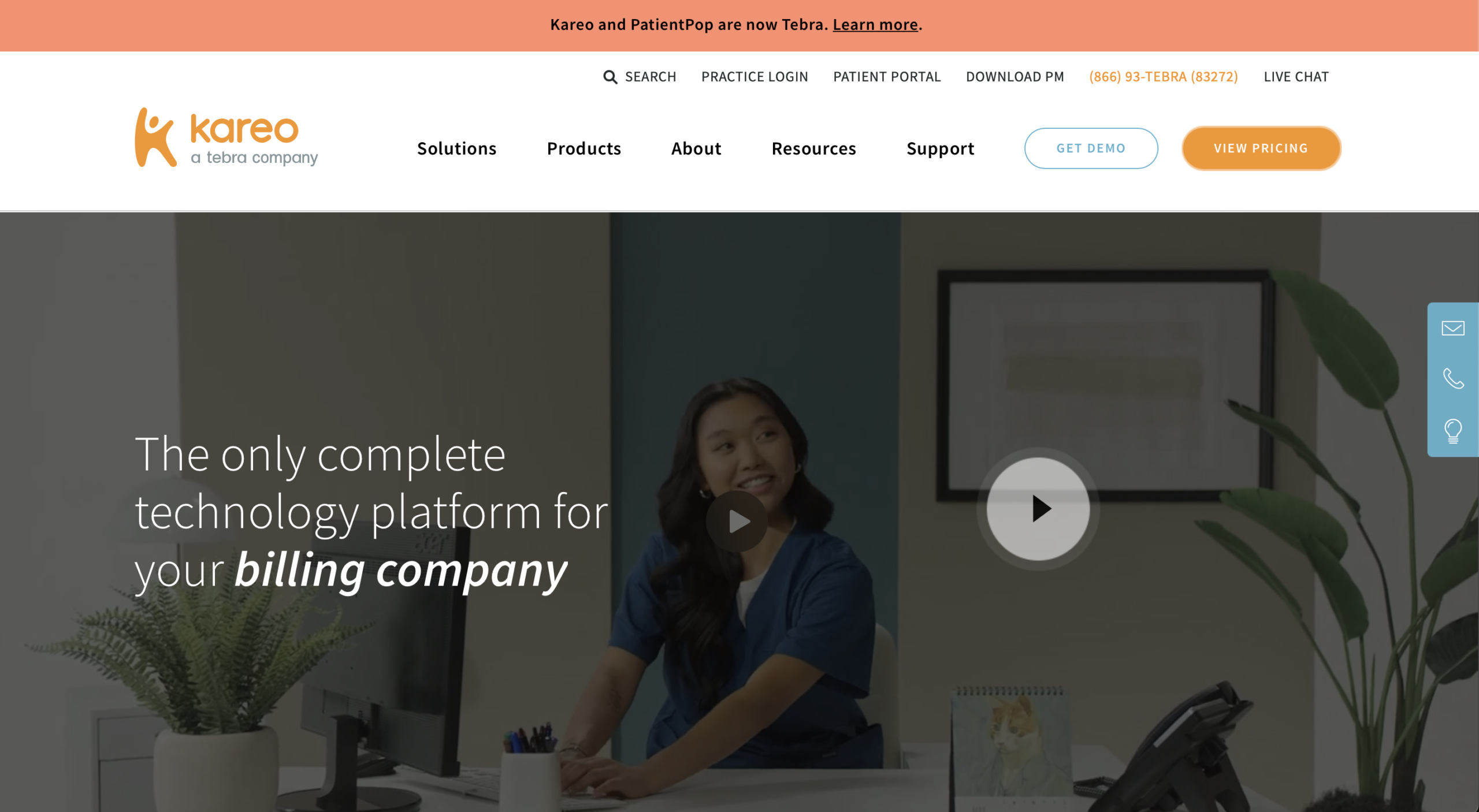
2. Kareo Billing
Kareo Billing is another excellent medical billing software for patient management tasks. You can enter patient data and billing codes to process insurance immediately with it. Plus, it comes with an integrated schedule tool for setting appointment reminders. Kareo Billing takes HIPAA compliance seriously by implementing military-grade encryption, secure login controls, and offering signed BAAs.
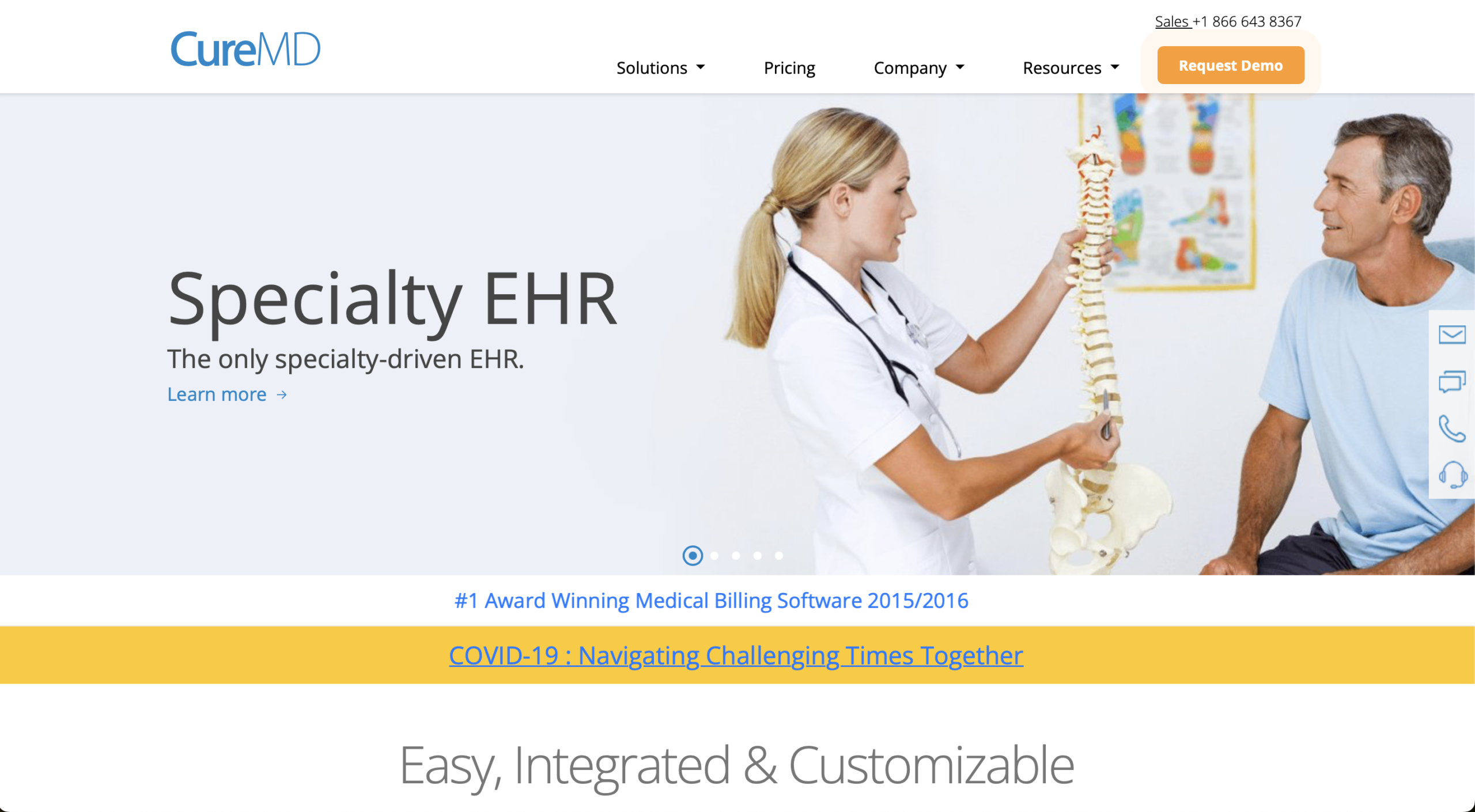
3. CureMD
Integrated with thousands of pharmacies and labs, CureMD is a comprehensive HIPAA-compliant medical billing software solution for those looking for a multi-faceted platform that offers more features, such as electronic health records management and a patient portal. It also provides professional site hosting and training to help you maximize the software.
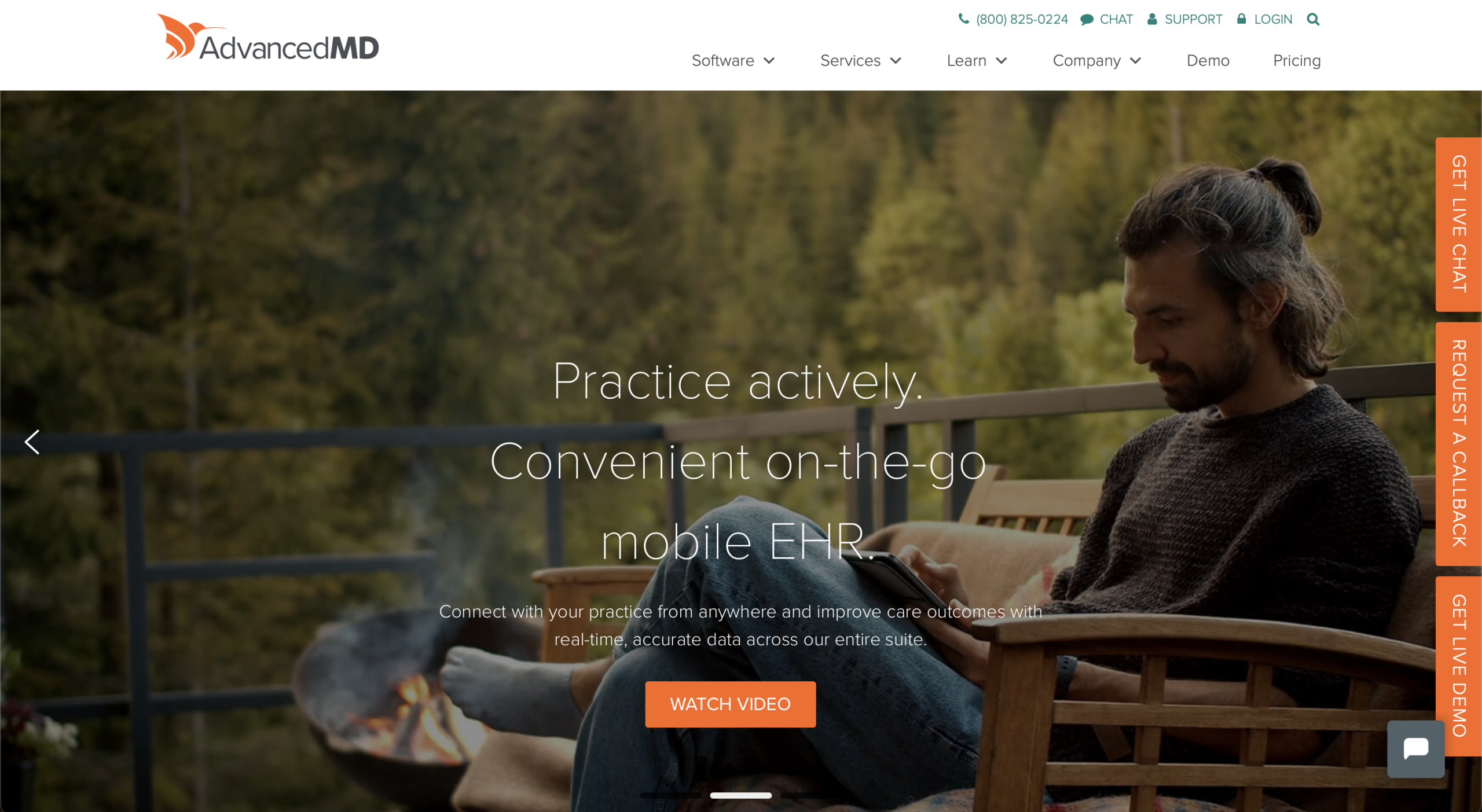
4. AdvancedMD
AdvancedMD is a cloud-based patient management platform that adheres to HIPAA and ISO 27001 standards. From scheduling appointments to processing claims, it can help automate your most menial to complicated tasks.

5. Luma Health
Luma Health is a HIPAA-compliant medical billing and patient management system with an extensive direct billing network for inpatient and outpatient services. It also comes with HIPAA-compliant texting and custom reminders for patient appointments.
Criteria for Choosing HIPAA-Compliant Medical Billing Software
Is your medical billing software HIPAA compliant? Finding the right medical billing software that complies with HIPAA can be overwhelming. Picking the most popular or affordable choice won’t cut it.
Here are some essential features to look for in a HIPAA-compliant medical billing software:
Ensures HIPAA compliance
Besides employing stringent security and safety measures to keep PHI safe, the medical billing software must be willing to take full responsibility and accountability for any breaches or unauthorized disclosure of protected health information. The best way to prove this is by entering into a legal agreement or contract with a covered entity. With a Business Associate Agreement, the medical billing software’s developer agrees to abide by the HIPAA rules, including promptly notifying the covered entity in case of a breach.
Provides insurance verification
Select a healthcare billing software that can provide receipts and real-time confirmation for every payment transaction. This will reassure both you and your patients about the status of their insurance and payments. Moreover, you can use real-time confirmation as verification whenever your patients need one.
Offers value for money
One of the crucial factors to consider is the cost efficiency of any software, billing and collections systems included. Select a medical billing solution that caters to your budget. It pays to compare the costs and customer reviews to have an overview of the medical billing software you’re interested in.
Integrating Medical Billing Software With Other Healthcare Systems
Utilizing medical billing software with electronic health records (EHRs) is vital for operational efficiency. EHR integration with medical billing systems is critical to streamlining workflows, increasing revenue, and improving healthcare services. This can help enhance access to medical histories and other vital health information for insurance claims processing.
By automating medical processes, your organization can boost transactions and cut down on unnecessary investments, allocating more budget for improving patient care. It also helps improve accuracy and minimize errors in billing and coding.






